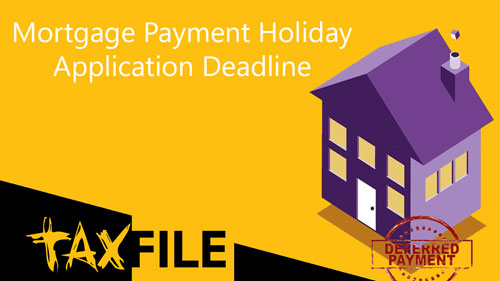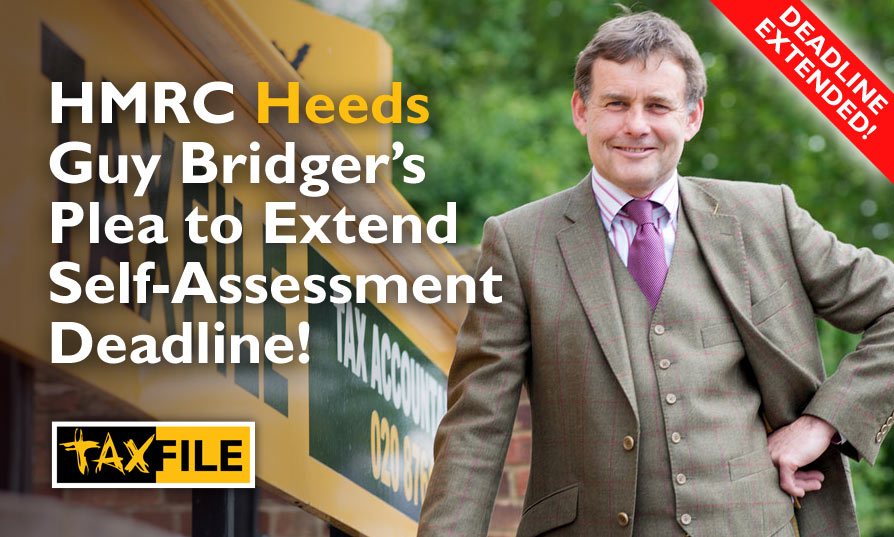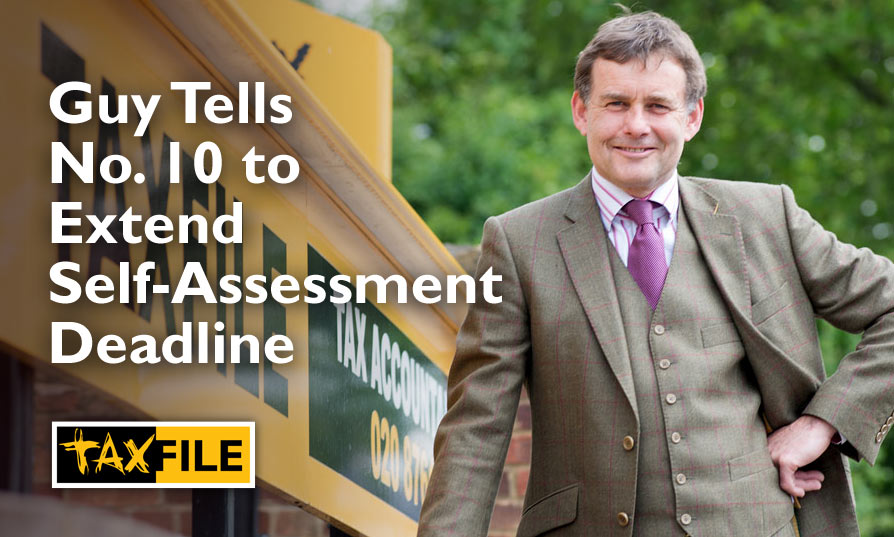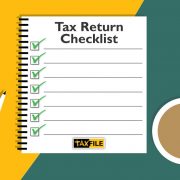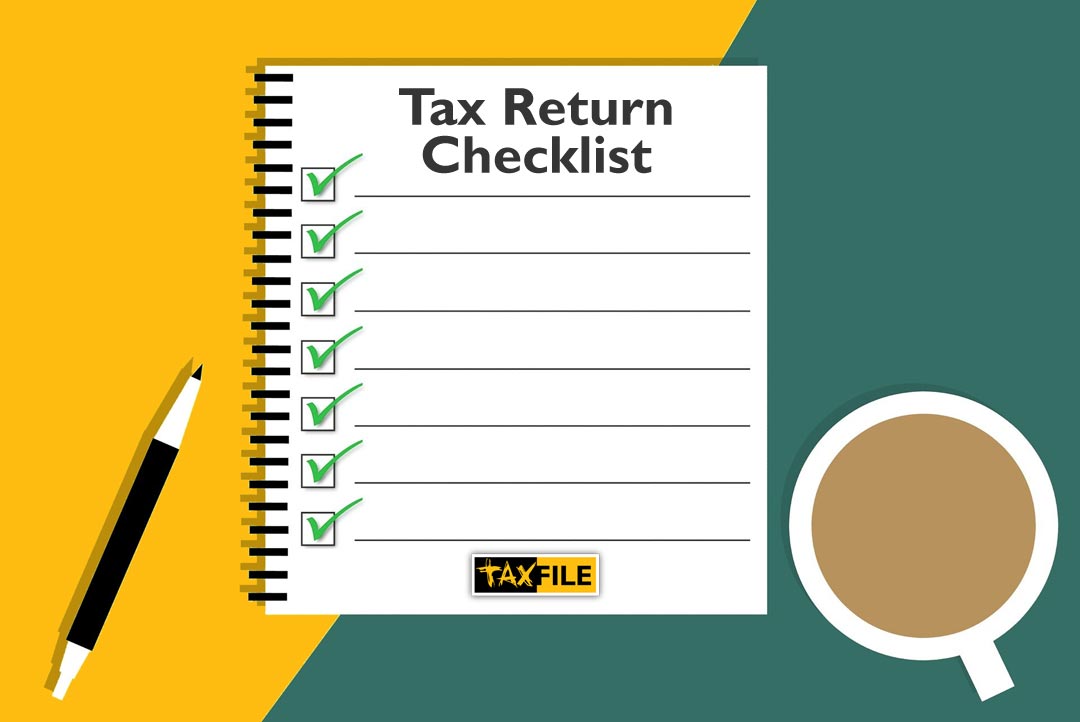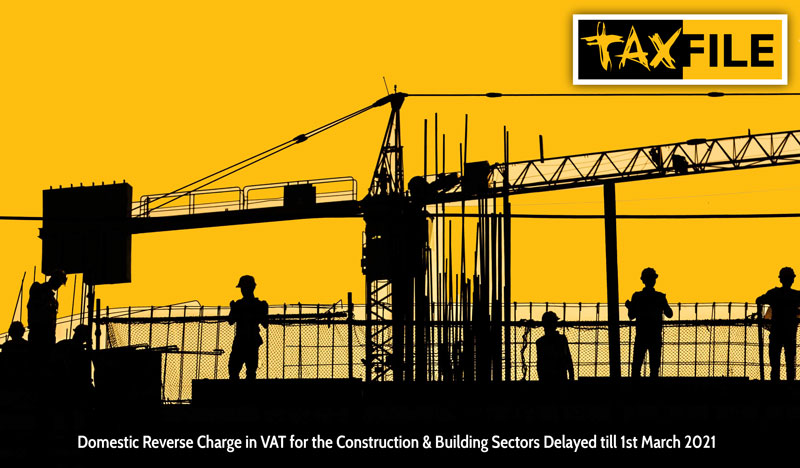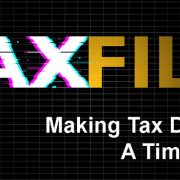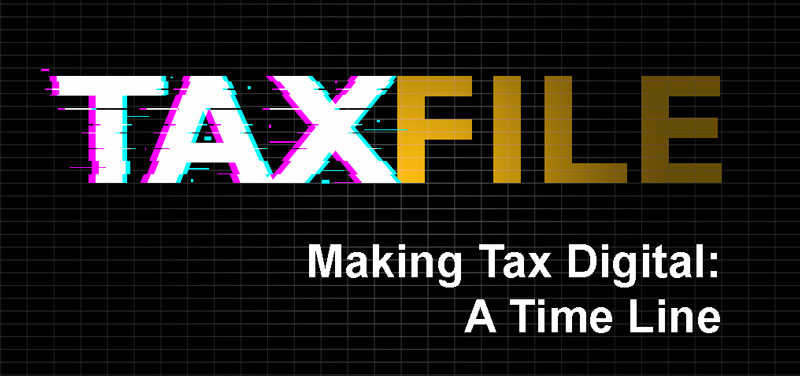Faiz from Taxfile – Helping the Community with Tax Problems

Hello; I’m Faiz Mazloumiar. I have been working for Taxfile since May 2005, mostly doing tax returns for subcontractors, self-employed individuals, partnerships and landlords. I specialise in helping clients who, for whatever reason, have fallen behind in their tax affairs, assisting in making disclosures to HMRC whilst trying to minimise the penalties imposed on them over the years. I always aim to put our customers first by calling HMRC to try to cancel recent years’ penalties, then I submit any outstanding tax returns. When I submit the tax returns I also do an appeal for older years’ penalties to be revoked. In many cases HMRC accept my appeals and clients get their money back for anything they have had to pay. I am always fighting for my clients and I have been known to battle on behalf of them for over a year.
I also help many people in our local community who are on PAYE but perhaps do not know if they are paying the right tax and NI contributions. It is a little like charity work. When people from the local community bring in their P60, I will check it and give them advice on how to contact HMRC and ask for a refund if they have overpaid. When new clients come with any problems, they are usually very stressed and anxious and sometimes don’t understand the intricacies of the UK tax system. We aim to help them with their tax problems, so they can leave us feeling relieved and a little happier. When I help clients they trust me and I have grown my client base only through recommendations. It is very exciting and satisfying for me to be able to help my clients and community as a whole.
Contact Taxfile, South London’s Favourite Tax Accountants
For any tax- or accountancy-related needs, contact us. We’d love to help! Call Faiz direct on 020 8655 7891 or speak to our main switchboard on 020 8761 8000. Alternatively message us your tax-related query here. We also offer a free 20-minute introductory appointment and this is available in person, through a video call (Zoom, Teams etc.) or via telephone — whichever you prefer. We are accountants and tax advisors in Tulse Hill, Dulwich, South London and Devon/Cornwall in the West Country.
This post was brought to you by Faiz at Taxfile.





